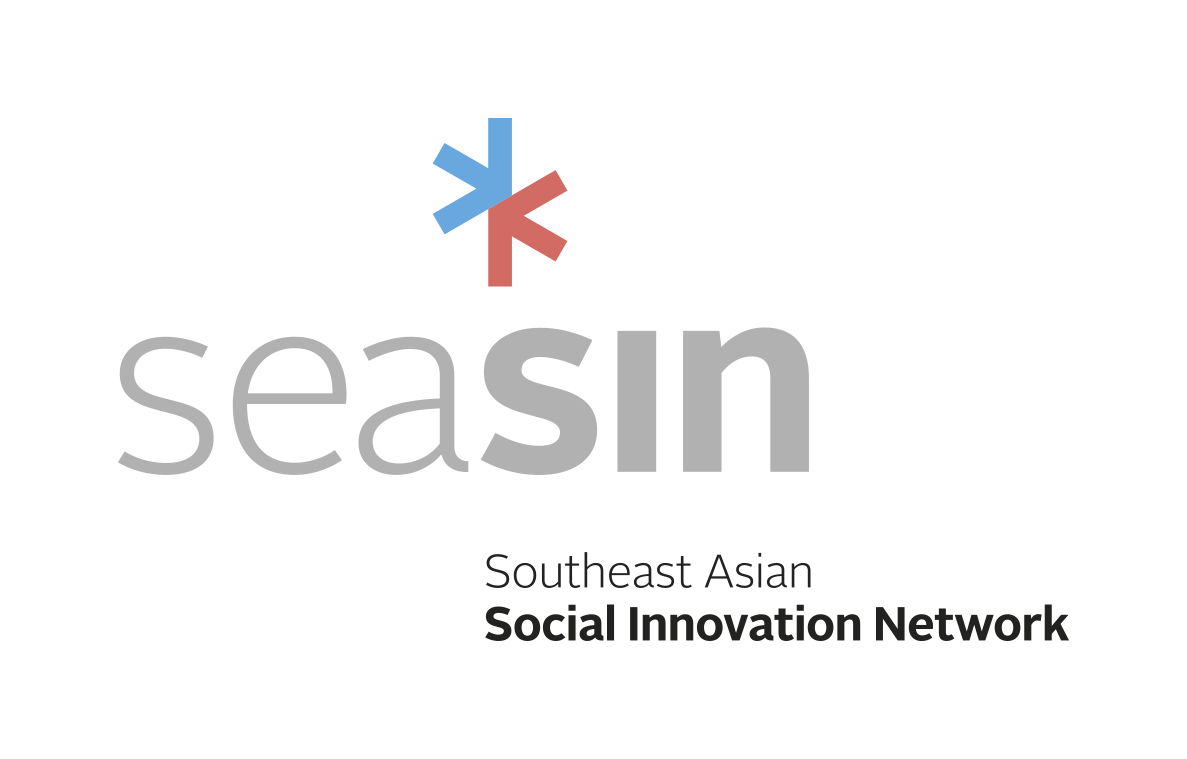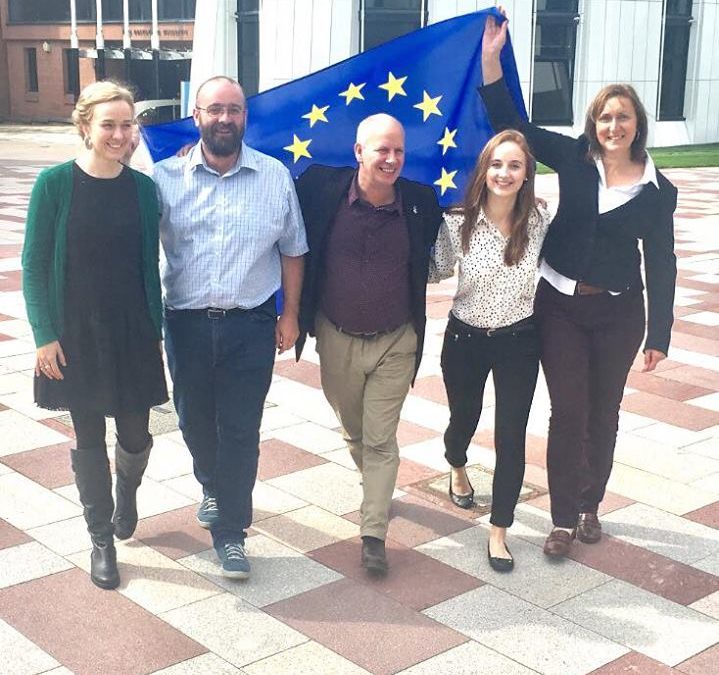As the SEASIN network starts to engage the global public in our work projects, we wanted to give everyone a chance to get to know a little bit about our partners and what it means for them to be a part of SEASIN. To start of this interview series, we’ll hear from the SEASIN’s project initiators: Glasgow Caledonian University.
In your perspective, what kind of role should universities (HEIs) play in the society? What is HEI’s role supporting social innovation?
A University can be pivotal in the social innovation process because it can represent an intermediary in the subversive elements of social innovation and the funders’ and policy makers’ needs for impact measurement and quality assurance, lending academic rigour to anecdotal reports. But universities can also offer support through the use of space, training, research, and networks.
What does social innovation look like in your country? What is it’s potential?
Scotland is in many ways the cradle to innovation with its long history of cooperatives and community engagement (New Lanark etc.) and there is a real policy interest in the field. However, the danger of this is that the terminology of social innovation is appropriated for activities which are not necessarily in line with current thinking on social innovation or that the activities become more generalized or misunderstood by communities.
What do you hope to achieve out of SEASIN project?
SEASIN is one of a number of international projects which focus on the role of universities to support and drive social innovation through knowledge exchange. As such, we are hoping that the project will help to develop a close community of universities and social innovators that can effect real social change within their communities.
How can we collaborate better across the region?
Exchange of best practice and the development of close partnerships – both formal and informal – between universities and social innovators.
What are you most excited about for this project?
Discovering new communities and networks and making a real difference within the communities with which we work.
Thanks Glasgow Caledonian University!


Recent Comments